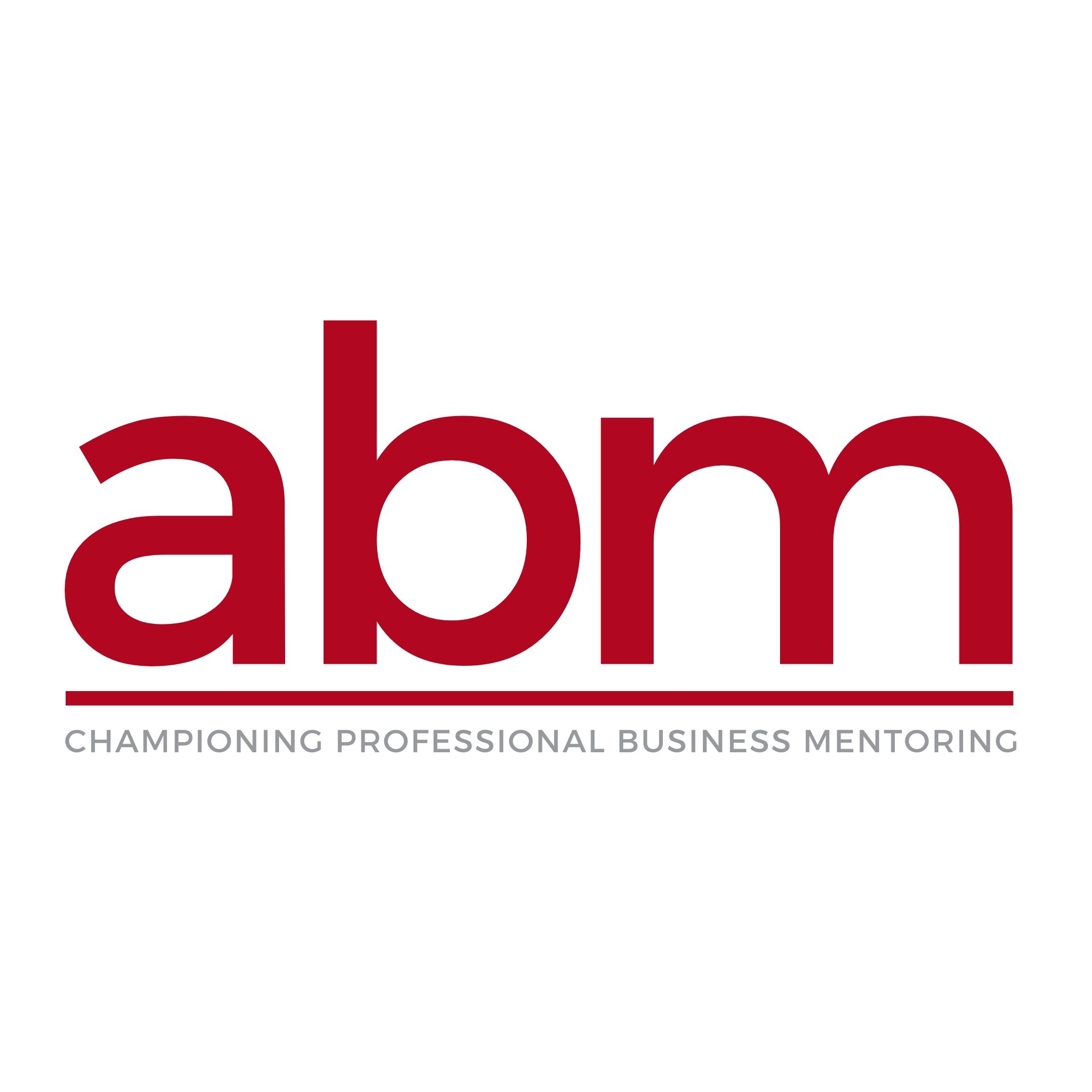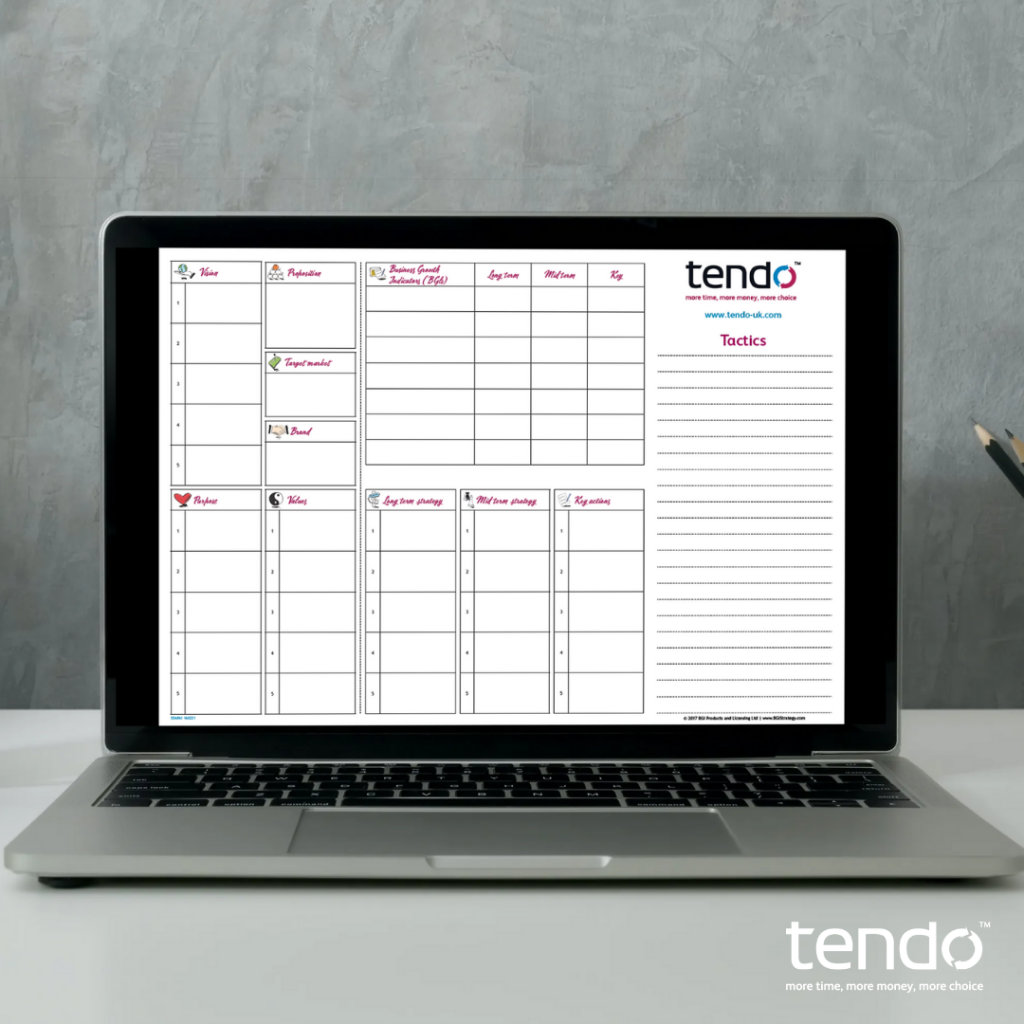Did you know that only one in four small business owners has a business plan?
It’s usually because they don’t know what should be in it, haven’t got time to make one or don’t know how to get started. Worse still, “I don’t need one” is a comment I hear quite often.
So instead of making a plan, they just wing it, hoping that things will fall in place and they’ll end up where they want to be.
But the problem with the ‘fingers-crossed, hope for the best’ strategy is that it’s not a strategy, and it rarely works. Hope is not a strategy.
This is one of the reasons why 95% of small businesses ultimately fail and most struggle working too many hours and not earning the desired rewards along the way.
Why you need a plan
What’s interesting is that many people spend more time planning a holiday than planning their business.
And it makes absolute sense to plan a holiday – you can’t just wake up one morning and be on holiday. You need to choose a destination and work out when and how you’ll get there, how long you will go for and all the other details.
It’s the same with any lengthy journey. If you want to go somewhere, you don’t usually just get in your car, start driving, and hope you’ll end up there.
You need to know where you’re going, how far it is and which direction to travel in. Because if you don’t plan your journey, how do you know when to set off, which way to go, what time you’ll arrive and whether you have enough fuel to get you there?
And it’s the same in business. If you don’t have a plan, how do you know where you are heading, when you will achieve your goals and whether you have the right fuel – people, processes and systems, marketing, finance – to get you there.
Think of your plan for your business as your sat nav for your journey. It keeps you heading in the right direction, adjusts to suit the changing environment and gets you there on time, helping you avoid obstacles along the way.
Your plan doesn’t have to be complicated
When I talk about business plans, I’m not talking about 100-page strategies that are kept in fancy ring binders and left to gather dust on the shelf. These may be great in FTSE listed multi-nationals but are so outdated for small businesses.
I’m talking about a simple plan that can be reviewed and updated regularly (weekly if needed) to account for new opportunities or threats that arise.
Multi-page plans should be left in the past. They might work for big corporations, but SMEs need plans that are agile, dynamic and easy for the whole team to understand and implement.
That’s why I’m a big advocate of the one-page plan. A single-page document that outlines your vision, values and purpose, along with strategies and measurable objectives.
Where do you want to be a year from now, and what are the major results you want to achieve in the next 90 days to get you to your destination?
It should be everybody’s plan – not just yours
Plans shouldn’t be produced in your home office and either issued to the team for them to “buy in to” or worse still, kept a secret from the rest of your colleagues.
Plans should be developed as a team, involving as many of them as possible. At the very least, your senior managers should be part of the process.
When you plan as a team, everyone is more invested in the plan. They are more likely to take ownership of delivering the results because they had a say in what those results look like. And that means you’ll be more likely to reach your destination on time.
Get started with your one-page plan
If you’ve ever met or spoken to me, then you’ll know I’m on a mission to help as many small business owners as possible have a business plan that guides them to where they want to be.
It breaks my heart that 95% fail.
I help them identify and dial into their purpose, understand what they want to achieve and by when, and work out their key numbers to track their success.
How many customers do you need to get to achieve the profit you want? How many leads do you convert into sales? What marketing activity do you need to do to generate those leads? What team do you need in place and when?
If you are one of the many business owners that don’t have a business plan, I’d love to support you to get one in place. We do this 1-2-1, at our Time Out Retreats and now via an on-line workshop.
If you would like to manage your business on a single page, access our tool here to get started: www.tendo-uk.com/plan


